What they don’t teach you in coach training (but probably should)
Real lessons from five years in the trenches of building a coaching business
I’ve done many things I was told not to do during my coach training.
I might even be on the International Coaching Federation’s naughty list based on some of the rules I’ve broken.
Yet, I am looked up to by other coaches, maintain a fully booked coaching practice and operate a six-figure (revenue) business since 2023.
So, what’s the disconnect?
First, let me reassure you—this is not a Ponzi scheme(!). In fact, I am stalwart in my distaste for dodgy business practices and anything that undermines the professionalism of coaching.
But... I do believe there’s a disconnect between what coach training prepares new coaches for, and the realities of operating a coaching business.
And in that very disconnect, I’ve broken a few rules along the way. Keep reading to find out what those are and my philosophy for running a thriving coaching practice — and in doing so, being amongst just 30% of the estimated coach training graduates who do.
And, if you're a coach, I'm doing something rare across February and March. I'm sharing real behind-the-scenes details on how I run my coaching business. From discovery calls, pricing, marketing wins/fails, keeping clients happy et al… Learn more here.
A trip down memory lane: My first taste of coaching five years ago.
It is January 2020 and I’m in a classroom at a stunning business school in Regent’s Park, West London. This is my first weekend of my “Transformational Coaching Diploma” and I am full of anticipation.
I was eager to learn and excited to be back in a structured learning environment and more than once felt the straight A student / teacher's pet identity slip back over me like a comfortable jumper.
Except, in reality, I wasn’t here to get a grade. I was there to build a coaching business. I was there to build the next phase of my career as a business owner of a (hopefully) profitable coaching business.
Just one month prior I had quit my job as Head of Talent at a VC-backed startup, to pursue the path of uncertainty. Or, as Elizabeth Day put it in a quote that guided me during this time period: to bet on myself.
Looking around that room of 20 aspiring coaches, I felt like I was playing a different game. While many others were there to master the art of coaching some in later life, I was there with a singular goal to build a business. And, not only did I have very high hopes for what I could achieve as a business owner in the coaching space, but I was also a new homeowner, with no partner or parent's financial safety net to fall back on. I was determined to ‘find my path’ and carve a new chapter.
But this line between unemployed and entrepreneur was razor thin.
And judging by this meme saved on my camera roll at this point in time, the irony was not lost on me…
What they taught us in coach training
For the next six months (which soon moved online due to the pandemic), we learned the fundamentals of transformational coaching, also known as life coaching. At its core, this approach is about empowering people to navigate life's complexities and create meaningful change.
As the Animas website beautifully puts it:
Transformation begins with the courage to explore the self—to ask questions, challenge assumptions, and reimagine possibilities. Yet, many people struggle with this process. Choices feel overwhelming, self-doubt clouds clarity, and uncertainty can make progress seem out of reach. This is the reality of being human.
What sets coaching apart from mentoring, specifically, is the non-directive container that a coach is meant to create for their client, to create a space which is entirely driven by the client's own needs, wishes and desires.
How to achieve this? Active listening is a core skill required - which, done well, is a lot harder than many people realise. And then there’s asking questions. But not just any questions… questions should purely relate back to the goal a client has set for their coaching, or can be asked in response to topics a client brings up of their own volition.
The ultimate goal of these non-directive rules, is to create a space for someone to tap into their OWN wisdom and to find the answers inside of themselves. Answers, which, upon locating, they are so much more likely to want to follow than another person's guidance.
Learning how to conduct this kind of conversation was extremely eye-opening. Hearing someone say "Huh, just talking it out loud, I now realise that...xyz" as they draw from their own subconscious knowledge and insights… It was, and still is, a very powerful process.
What I soon discovered 'in the wild' taking my coach training to real people
Coaches with coach training experience are the biggest fans of this non-directive coaching process. They have seen it in practice, play out, and change lives.
But the everyday person out on the street has not, and so having a coaching conversation with someone is entirely unnatural. You have to give someone warning. I remember trying to coach a friend slyly. She was (rightly so) quite creeped out by my change in demeanour and asked me what the eff was going on.
So yes, coaching is powerful, but it is also misunderstood. I found myself tripping up over the coaching process multiple times, slipping into advice giving or another no no'.
Yet outside of the walls of the coaching training cohort, no one else would have batted an eyelid at this. In fact, most people expect opinions, or for a coach to 'lead'.
In fact, once you enter the territory of someone paying for coaching, I found that people are seeking advice, insight, wisdom and perspectives. Things that the coaching training programme largely discredits.
Choosing to niche my coaching practice in the realm of 'entrepreneurial careers' -having worked with startup founders and career changers in my recruiting and startup roles - I soon found that for my ideal client... pure coaching often wasn't a fit.
They wanted job search insights and advice. They wanted to know which companies were doing well. Wanted to know what made a business more likely to secure investment.
I was faced with the choice: break coaching conventions or refuse a client's request.
I chose the former.
A quick word from this week’s sponsor…
Streamline your subscriptions, save a lot of time ⏰
Small businesses can go from simple to complex in no time at all. Subscription costs can rack up and automatic renewals can catch you off guard. Been there! So I'm excited to announce this week's sponsor: Subly - the finance tool built for small business professionals to stay on top of their cash flow, save time and uncover important financial insights that will grow their business, faster.
Get started for free and if you love it, Subly are offering The Ask readers 20% lifetime discount, with code THEASK at checkout.
Why is there a disconnect between coach training philosophies and real-world client needs?
It became clear very quickly that people are not walking around seeking 'life coaching' or 'transformational coaching'.
They are seeking a specific result: the thing that coaching gets them.
In marketing, we are taught that a potential buyer starts off being 'problem aware' before they can become 'solution aware'.
Take a health example: If you have a sore foot that comes on gradually, you become 'problem aware' the day that you can no longer ignore the pain.
But you don't know why your foot is sore until after you've seen a doctor who informs you of having tendonitis.
Now, you are what's called 'solution aware' because you know that the solution to your pain is overcoming this thing called tendonitis. Suddenly you are searching for treatments that could solve this, including compression packs, physiotherapy sessions or a holiday.
Coaching is like a compression pack: it is one of the possible solutions to a problem.
So if we take the problem that someone doesn't know which direction to take their career into next... I had set up my coaching business for exactly that purpose so from my vantage point I know I can help. Pay me!
Except… the career changer has to first become problem aware. They need to detect the source of their dissatisfaction being that they need to change careers/start a business etc to be happy again. Then once they have this intel, they might seek solutions to support them on their way. Solutions include:
Speaking to friends/colleagues (free)
Listening to podcasts (free)
Buying books (cheap)
Speaking to their therapist (relatively cheap)
Coaching (expensive)
My job as a coach is to ensure that my clients can map the outcome they want (such as a fulfilling career) back to the solution that I am offering (coaching).
There are plenty of people out there who now understand the value of coaching and would pay for a coach in their corner for all of life's events because they know that being coached is a powerful process you cannot find amongst friends and family. So yes there is a market for selling 'pure coaching'.
But, there is a much larger market for solving problems that people already know they have.
relationship problems
health problems
financial problems
career problems
family problems
etc.
Coaches who choose to solve a widely-felt problem will find that they can sell the solution of coaching to a wider audience.
But here's where the rubber hits the road.
Once you niche down to solve a particular problem - in my case the 'entrepreneurial career' path of helping startup professionals, founders, freelancers etc. to thrive at work... you start to become an expert in this space.
I was already somewhat of an expert - I had thousands of hours in my toolkit interviewing people, filling desirable positions in the startup world, helping founders to sell their products, find the right co-founder etc.
I had a lot of advice to give.
Any coach who niches in a particular domain tends to have a lot of experience - like the relationship coach - they will have their own relationship experiences, the books, courses, retreats they have been on.
They have a lot of value to add to a client's life outside of the 'pure coaching' territory.
So here is the disconnect:
You can be both a coach and a mentor. Clients often want a mix of deep coaching and practical guidance.
The real skill is knowing when to coach and when to guide. Sometimes, a client needs self-reflection. Sometimes, they just need a damn strategy.
Pure coaching has its place—but clients need help achieving specific goals. Transformation is a byproduct, not always the main event.
People pay for results, not just conversations. Coaches who understand this build thriving businesses. Those who don’t struggle.
Five years later... my coaching results.
Coming up to five years since that first training session, I have to say I'm proud of what I have created: a full-time living from coaching and helping hundreds of individuals with their 'entrepreneurial careers' along the way --and also niched further into business coaching, but that is a story for another day.
And the money worries?
Well, my fifth accounting year of my Ltd Company ends this Friday and I'm grateful to say that this year I've paid myself a salary equivalent to what an employee on £85,000 would take home after tax (or $105k USD).
That said, this is year five and I might have assumed by this point in time that number would be a lot higher. I’m not moving to tax havens just yet.
Nor do I rest on my laurels.
I know this is a challenging market, economically, and a competitive space. My clients have a lot of choice about where to take their business.
Anyone at my co-working space will tell you I am often the first in and last out.
So I am not here to sell you an image of a life of constant glamour, beach selfies and 10 hour weeks.
But I am able to share the realities of what works, what makes this work fulfilling, and what clients are looking for when spending thousands of pounds with a coach.
So if you want more real talk and an open, transparent space to explore the realities and nuts and bolts of creating a fulfilling, ethical, and financially viable coaching practice…
You’re invited to a 7-day private podcast community of how I *run* my six-fig coaching practice…. starting Monday 3rd March and finishing Sunday.
This is really only for coaches who are committed to this path and who i can trust with this information! Use it wisely, please.
And if you are wondering about those rules that I broke?
Here’s just a few:
Building friendships with clients (against the typical professional distance)
Setting session agendas (instead of purely client-led sessions)
Offering direct advice (not just asking questions)
Assigning homework and accountability tasks
Following up between sessions
Asking curiosity-driven questions (not just goal-focused ones)
I am a naughty ICF rule breaker for these reasons. I am also a human, and I think that a lot of clients want to be in relationship with a coach they feel close to. But it’s more than friendship — I set a goal for my clients and when I lead, I set agendas, homework and check in between sessions I am holding them up to a higher standard than they would be held to without me in their life.
I am, in the words of transformational coaching — inspiring them to change.
Thanks so much for reading as always!
Until next time,
Ellen from The Ask.
If you are seeking support with your business this year, I have one 1-1 spot left for February and am taking bookings for Spring starting next wee. Reply or contact me here to get started!






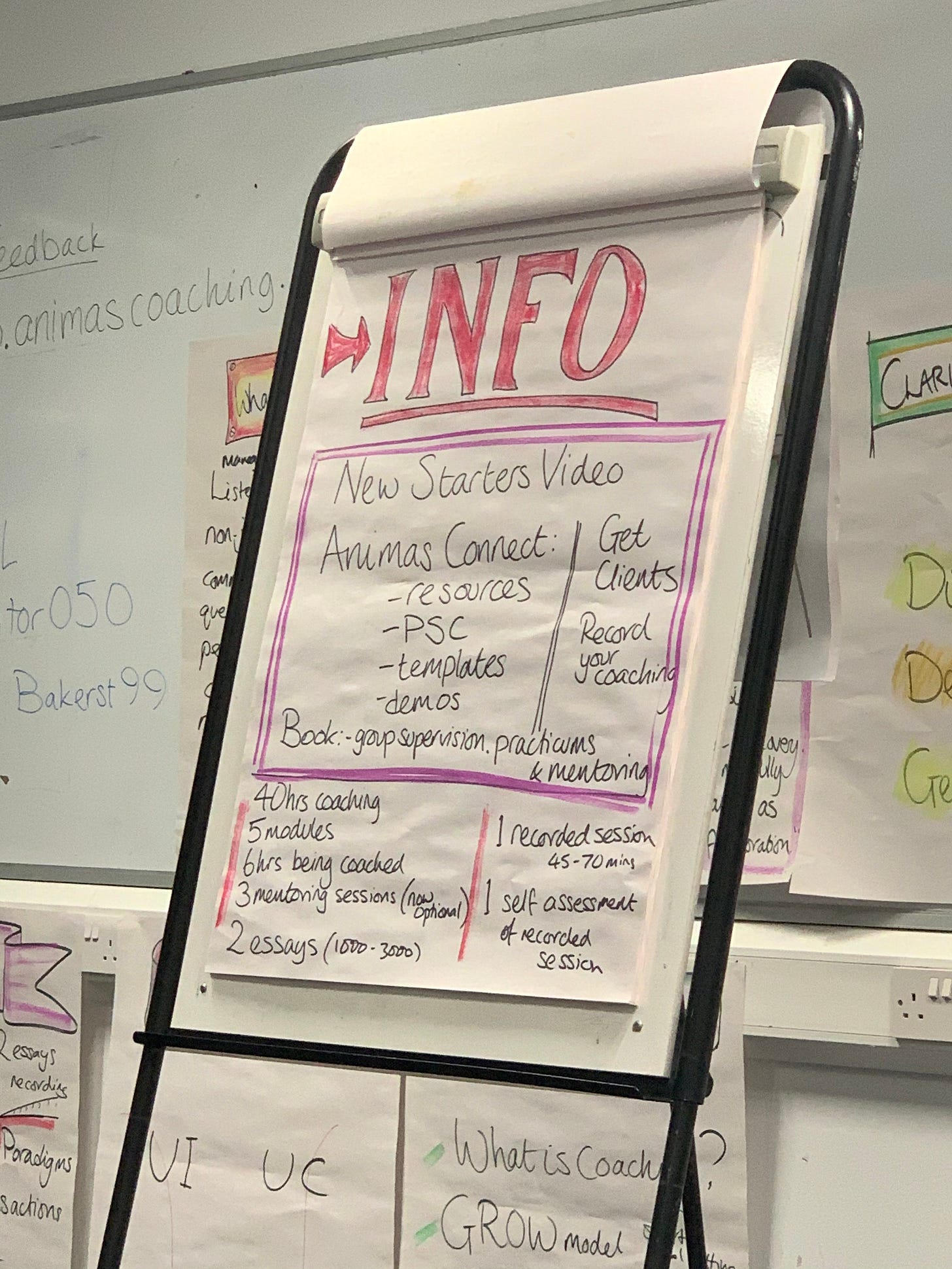
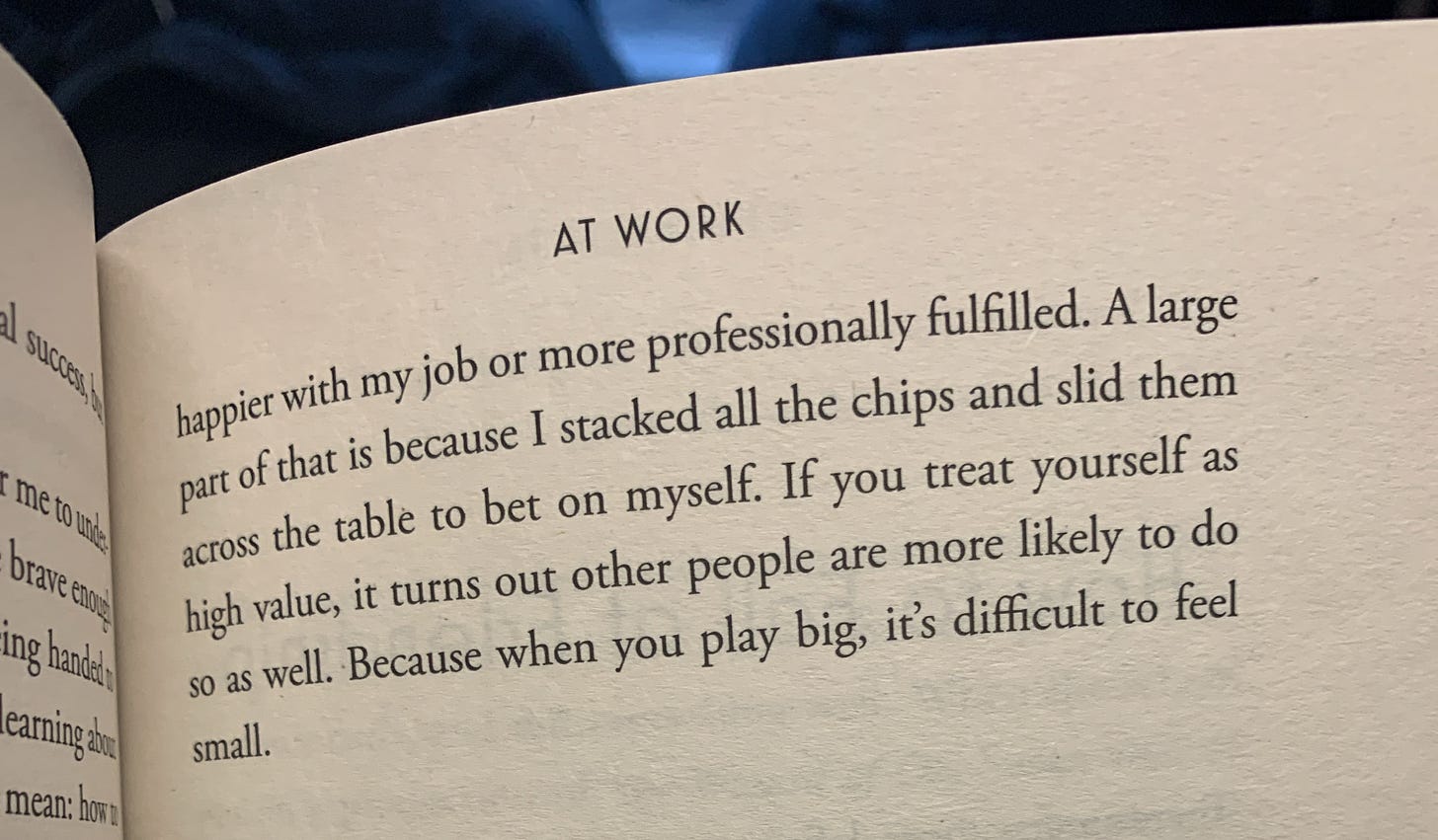
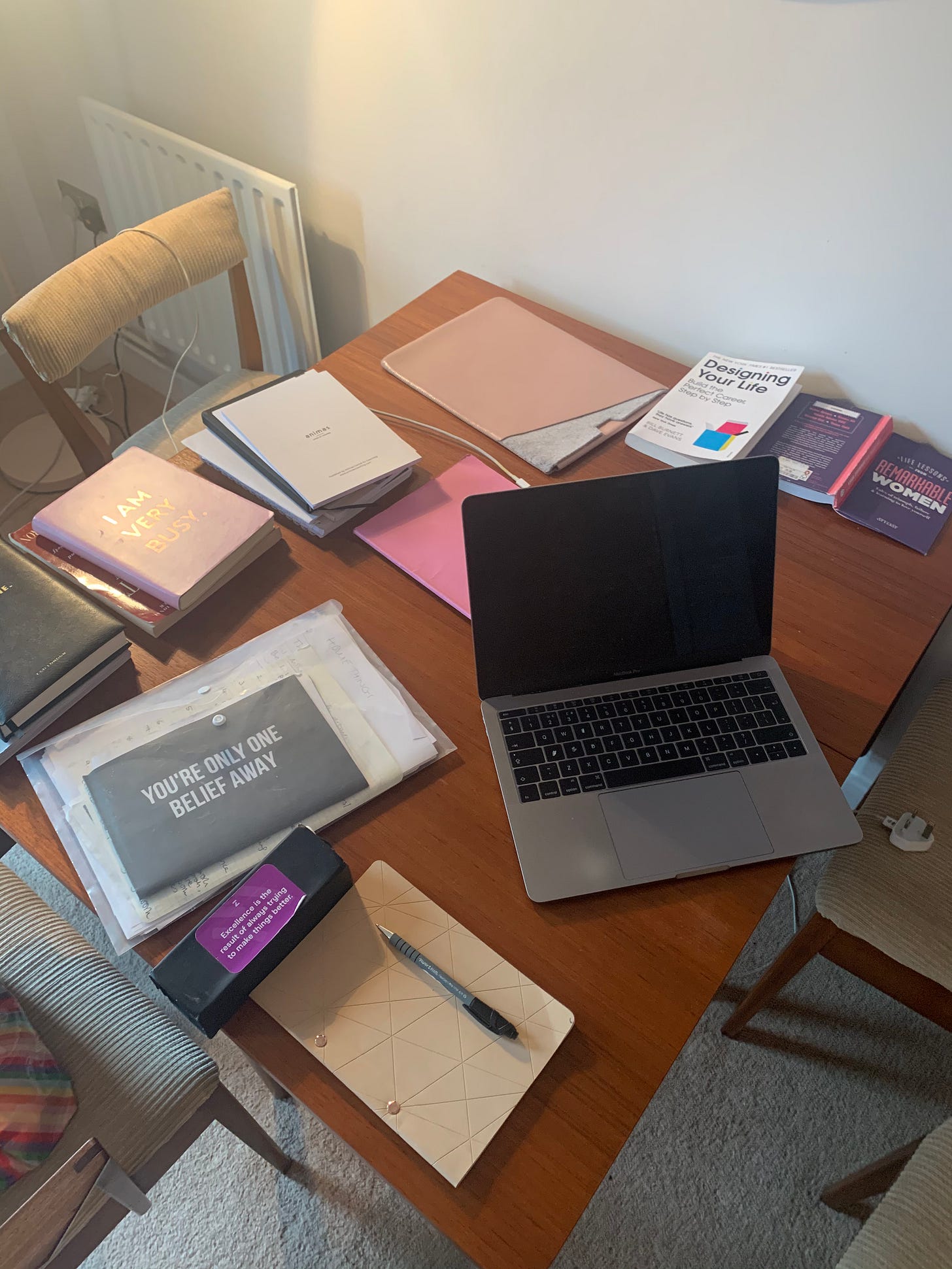
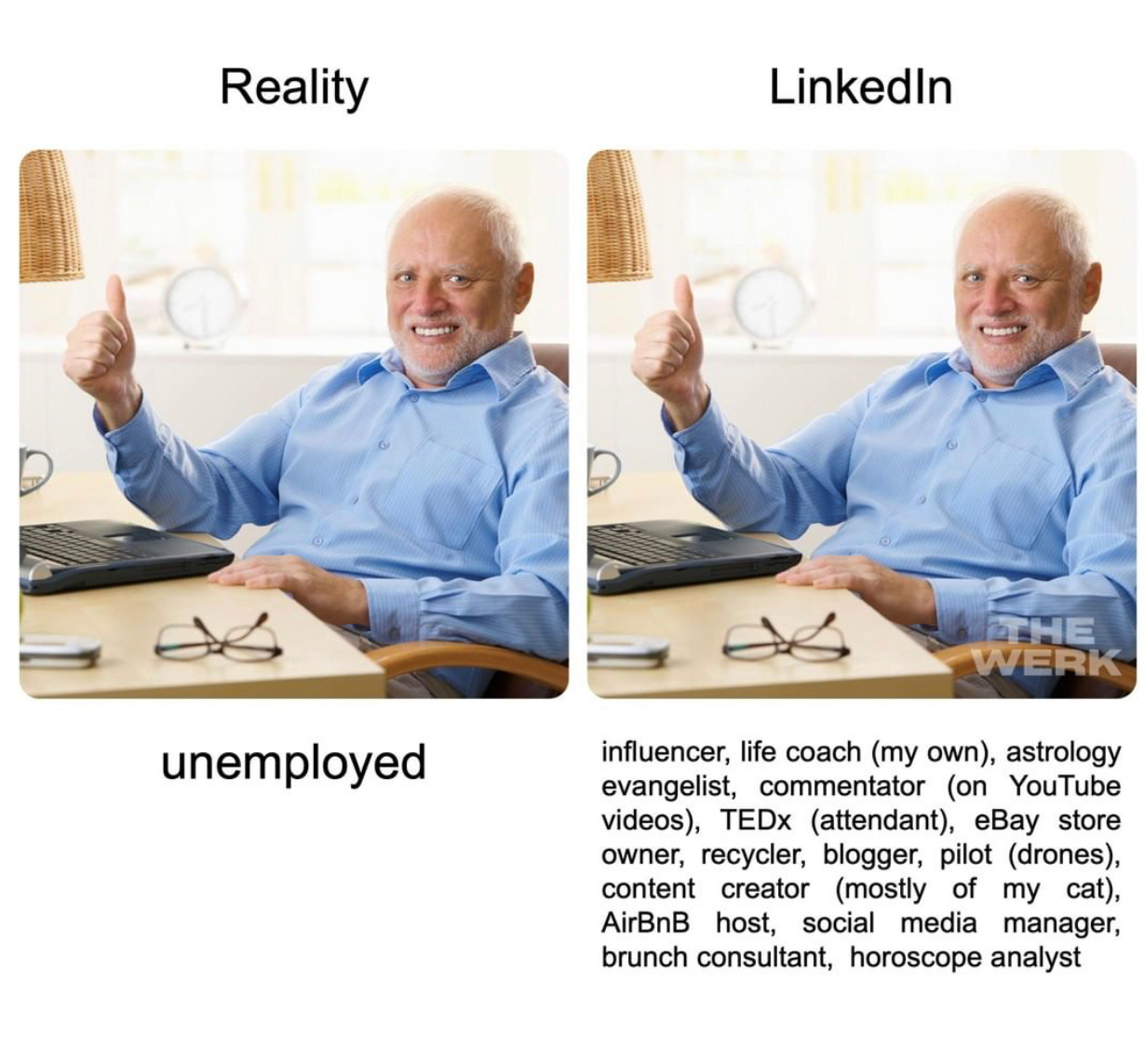
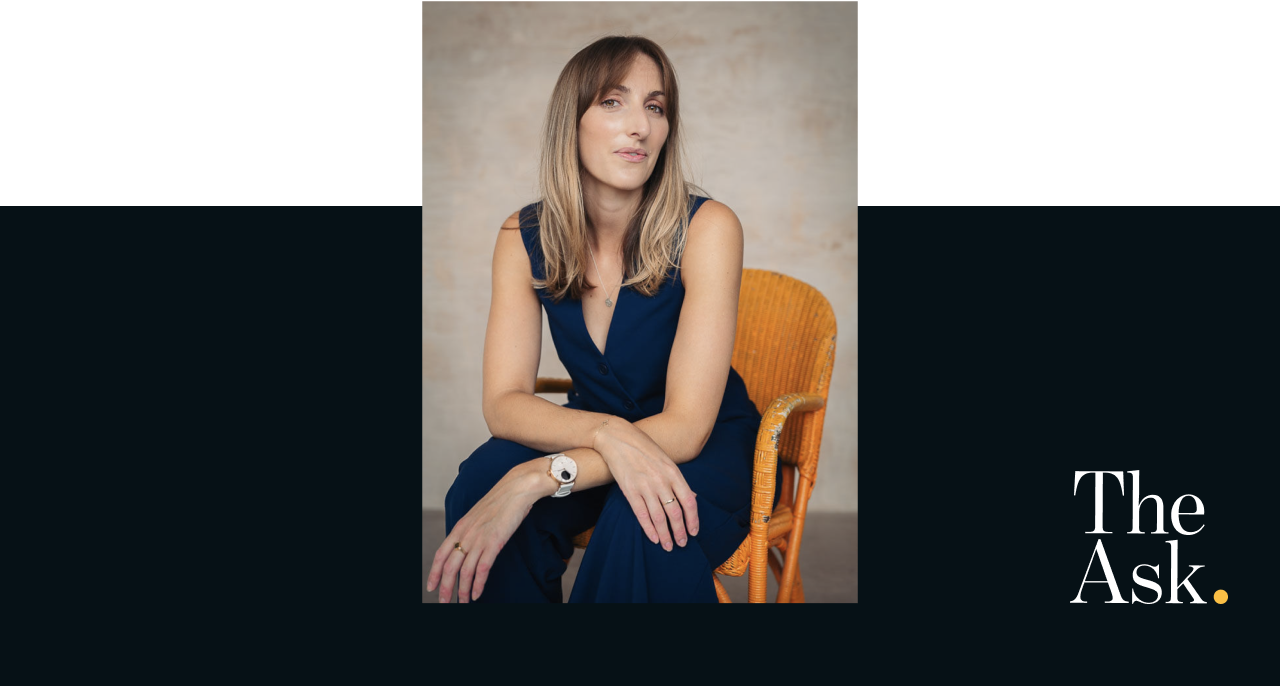
As always, such a great read.
Wow - I am SO glad I found this article. I completed my Animas training a year ago and have been toying with all of the tensions you've laid out here. Regularly feeling guilty for breaking the rules and thinking "well I wouldn't have passed the exam with that". So validating and eye opening to read your reflections on this Ellen. Thank you!